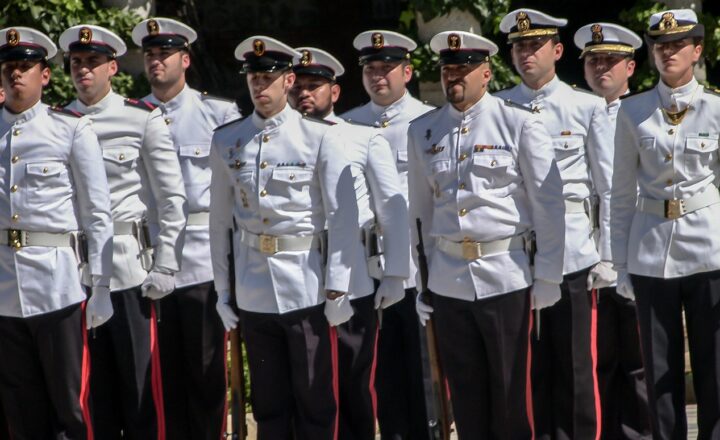The Incredible Role of Animals in Human History as Companions, Heroes, and Symbols of Strength
November 17, 2024

Animals have played an extraordinary role in human history, serving not only as companions but also as heroes and potent symbols of strength throughout the ages. From our earliest days as hunter-gatherers to the complex societies we see today, the enduring bond between humans and animals has shaped our cultures, influenced our beliefs, and transformed our lives in countless ways.
1. The Companionship of Animals: Fostering Emotional Bonds
The relationship between humans and animals is rooted in companionship. Dogs were among the first animals to be domesticated, serving as loyal friends and protectors. Evidence suggests that humans began domesticating dogs over 15,000 years ago, with the bond between species providing security, comfort, and emotional support.
Histories abound with examples of animals serving as companions. For instance, the cat was revered in ancient Egyptian culture, symbolizing grace and protection. Cats were viewed as guardians of the household, instilling a sense of tranquility and companionship as they hunted vermin.
Additionally, the impact of animals on mental health has been widely recognized in recent years. Therapy animals, especially dogs and cats, help alleviate feelings of loneliness and anxiety, contributing to emotional stability in those who interact with them.
2. Animals as Heroes: Courage in Times of Conflict
Throughout history, animals have not only stood by human sides but have also acted heroically in time of conflict. From war dogs used in battle to carrier pigeons delivering vital messages, animals have exhibited remarkable courage.
One notable example is the story of Stubby, a stray dog who became a decorated war hero during World War I. Stubby served with the 102nd Infantry Regiment and participated in numerous battles, alerting soldiers to incoming artillery fire and saving comrades from gas attacks. His adventures and loyalty earned him a rank and numerous medals for bravery.
Similarly, horses have been essential in times of war, serving as mounts for soldiers and helping to transport goods and artillery. The infamous cavalry charges of the past showcased the significance of horses as fierce allies in battle.
3. Animals as Symbols of Strength: Cultural Significance
Beyond companionship and heroism, animals symbolize various qualities that society values, such as strength, loyalty, and resilience. The lion, often referred to as “the king of the jungle,” symbolizes courage and strength across many cultures. This symbolism is evident in art, literature, and even national emblems.
In ancient Rome, the eagle represented power and valor, becoming a symbol of the Roman Empire’s military strength. The eagle continues to hold significant meaning in modern times as the national bird of the United States, a representation of freedom and courage.
In contrast, the elephant often embodies wisdom and peace in different cultures, especially in India where it is a symbol of Lord Ganesha, signifying strength, wisdom, and protection. These animals, among many others, represent enduring qualities that resonate deeply within human societies.
4. Animals in Religious and Mythological Contexts
Animals have profound significance in various religious and mythological narratives. In many traditions, animals serve as messengers of the divine or embody particular virtues.
For example, in Christianity, the lamb is a symbol of purity and sacrifice, representing Jesus Christ. In Hinduism, the cow is revered and symbolizes abundance, Mother Earth, and non-violence.
Moreover, mythologies of different cultures frequently feature animals as central characters. The wolf symbolizes loyalty and teamwork in Native American folklore, while the phoenix represents rebirth and immortality in ancient Greek mythology. These stories emphasize the underlying respect and admiration that humans have towards animals throughout history.
5. Conclusion: The Irreplaceable Role of Animals
The relationship between humans and animals goes far beyond companionship; it encompasses themes of heroism, cultural significance, and spiritual connections. From ancient legends to modern-day practices, animals have enriched our lives and continue to do so today.
In a rapidly changing world, preserving this bond is more crucial than ever. As we honor their contributions, we also advocate for their welfare, ensuring that future generations can continue to benefit from the companionship, heroism, and symbolism of animals.
As we look to the future, let us carry forward the stories of courage, friendship, and the heartfelt connections that define our shared experience with the animal kingdom.







